Creatine supplements help improve sports performance and cognitive brain function because it works to increase cellular energy and muscle mass in the body so your body and brain feel less fatigued while working out.
What is creatine, and what effect does it have on the body?
Dr. Jan Kasprowicz: Well, creatine first of all is probably the number one research supplement out there of all time. It’s actually an organic salt that’s naturally produced in the body from other amino acids. It’s found in food such as meat, eggs, and fish. Creatine is commonly deficient in heavily exercising individuals, the elderly, and people that follow a plant based diet because they’re just not getting enough creatine in their diet from not eating any kind of meat. There’s some myths about creatine as well. One big myth is that is makes you retain water, and the other one is that it creates kidney damage. As I mentioned earlier, creatine is the most researched supplement there’s ever been, and it’s never shown any kind of significant issues with kidney damage or water retention.
It actually plays a crucial role in the production of cellular energy by making ATP. ATP is adenosine triphosphate, which is the fuel of our cells. Once creatine enters your blood stream, about 95% of it goes straight to skeleton muscle. The remaining 5% go to your brain, and it also goes to your heart. The extra energy that creatine helps produce allows you to train harder both with lifting exercises and also anaerobic exercises. So that’s going to help your anaerobic power which helps you jump higher, sprint faster, and cycle up bigger hills.
What type of athlete benefits from taking creatine supplements?
Dr. Jan Kasprowicz: Pretty much every athlete that needs any kind of explosive power. So, if you need to, football players, they need to explode off the line. Track athletes need to run faster when they’re sprinting. Cyclists need to ride up hills. Weight lifters need to explode when they’re actually doing their lifts. Creatine has been shown to basically increase muscle mass, and improves muscular endurance and hydration, which all athletes also need. It also improves brain function and cognition, so this way you don’t get fatigue when you’re doing a longer event.
But most importantly with athletes, it’s all about fighting inflammation, and it’s been shown to show good resistance to inflammation following exercises and also competition.
And you just mentioned this, but does creatine boost brain power and cognitive function?
Dr. Jan Kasprowicz: Indeed, it actually does. Creatine supplementation significantly enhances cognition and delays mental fatigue. One of the reasons why there’s this idea bunking, where people actually mentally and psychologically can’t finish their event, it’s because it’s not a physical thing that they’re not fit for it, but they’re having too much mental fatigue. Creatine works in the brain in a similar way as it works on muscle. Creatine stored as creatine phosphate in the body is taken up by myocytes, which are muscle cells, and also by neurons, which are brain cells. The more creatine being stored in these cells, the more ATP is being produced in these cells. This way you get more adenosine triphosphate to brain cells, and this way it’s going to prevent that mental fatigue. Both myocytes and neurons are highly active cells. They consume a huge amount of energy in the form of ATP. And that’s how ATP needs phosphates. So what creatine does, it actually replenishes that pool of phosphates. So this way your neurons, which are your brain cells, are going to have more energy.
What type of creatine supplements are available, and how do you know if you’re taking the right amount?
Dr. Jan Kasprowicz: There’s a lot of different creatine supplements out there. The majority of the creatine supplements are based in creatine monohydrate. The creatine supplement that I use daily, even when I’m not working out, is Elite Creatine. Elite Creatine is actually 10 times more bio-available than more common creatine monohydrate, which is the majority of what people do take. The creatine in Elite Creatine is patented and it’s a buffer, which means it actually has less acidic, and it’s made in a higher PH than regular creatine. The higher the PH, the less acidic the conditions. The buffering prevents creatine from breaking down into a byproduct, which is creatinine, which will not give you any of the results that creatine will give you. Elite Creatine also uses ATP production benefits of creatine in addition to other ingredients such as chromium, which helps metabolize glucose. There’s also DMG in there, which is dimethylglycine. It will actually donate methyl groups, which create more ATP adenosine triphosphate. And there’s also L-Carnitine in there, which is also very important for athletic performance. L-Carnitine supports your heart function. What it does, it actually helps transport fatty acids from the blood to the mitochondrial wall, and the mitochondria is the energy production cell. And it actually allows the fatty acid into the mitochondria to help convert over to ATP so you have even more fuel.
With regards to dosage, I use Elite Creatine before I train about 20 minutes before I train. If I’m going to be hitting the books or writing an article or something, I’ll take it about 20 minutes before I actually start reading anything. I take about 10 grams per day.
If you are interested in speaking with Dr. Jan Kasprowitz, visit www.chiropracticandsportsrecovery.com, or call 917-748-2902 to schedule an appointment.
Click here to receive more information & to schedule your assessment







